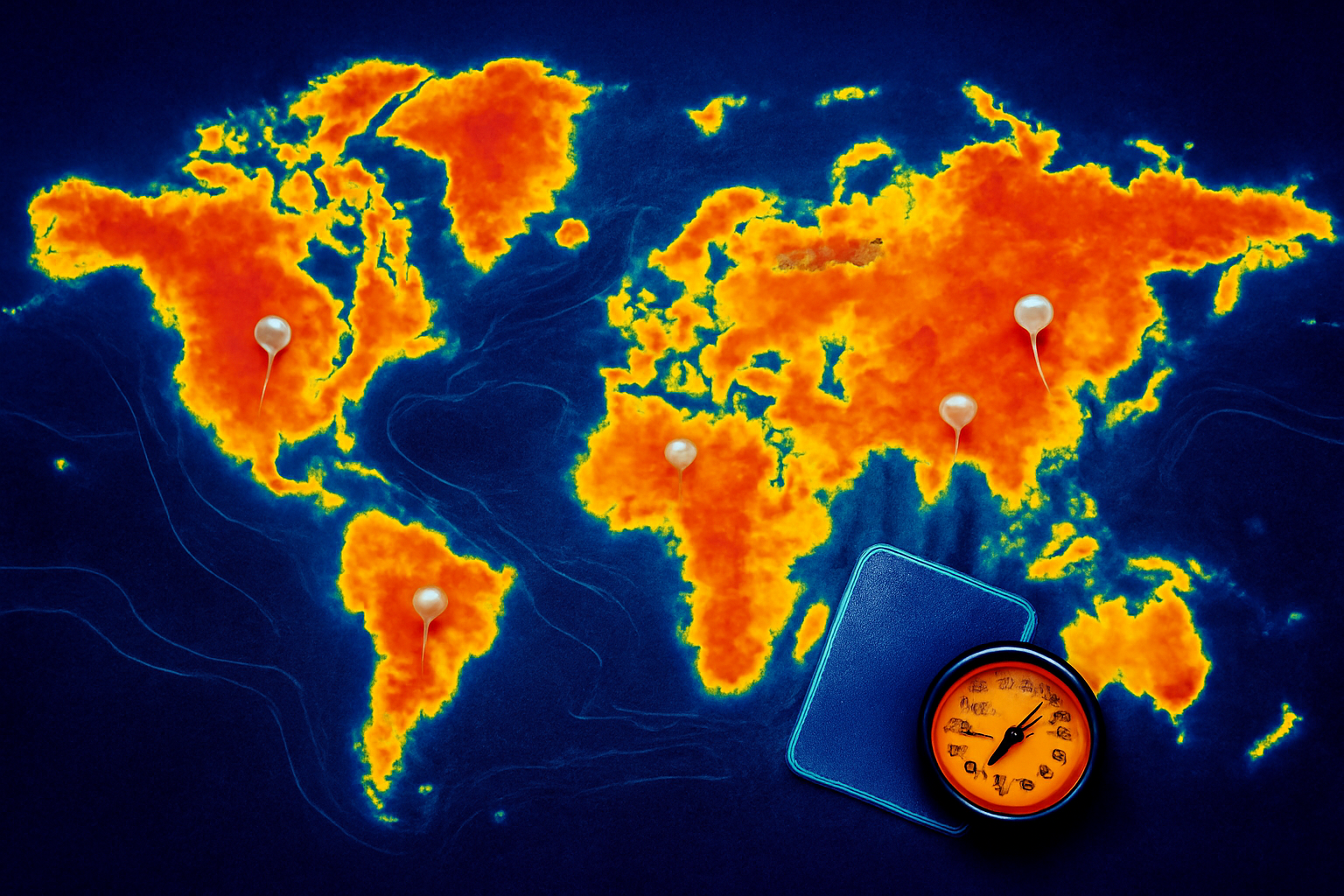
Modern warfare is characterized by a wide array of technological advancements, unconventional strategies, and increasingly blurred lines between combatant and non-combatant involvement. The use of autonomous drones, cyber warfare, and advanced surveillance technologies are hallmark features of contemporary military engagements. These developments reflect significant shifts in how wars are conducted, focusing on technological superiority and asymmetric tactics to overcome traditional military advantages.
One of the most significant consequences of modern warfare is the increased risk and complexity of cyber attacks targeting critical infrastructure. These threats extend beyond military objectives, affecting civilian resources such as power grids, financial systems, and communication networks. Cyber warfare introduces new dimensions to warfare, where state and non-state actors can have massive impacts from afar without traditional military engagement.
The utilization of drones and other remotely operated systems has transformed battlefield dynamics, allowing for operations without direct human involvement. This shift has led to ethical debates regarding the loss of accountability and the increased potential for civilian casualties. Moreover, the psychological impacts on operators executing warfare remotely, sometimes referred to as "remote warrior syndrome," underscore the personal consequences technology imposes on individuals who perform drone strikes.
Modern warfare has also seen the rise of hybrid warfare, which integrates conventional military force with irregular tactics and cyber warfare. Countries like Russia have been noted for employing such strategies, thereby challenging the international norms governing state conduct during conflicts. Hybrid warfare blurs the lines of warfare, complicating legal and policy responses aimed at curbing aggression.
The reliance on advanced technology in modern warfare further exacerbates global inequality. Wealthier nations possess greater means to develop and deploy cutting-edge systems, leading to disproportionate power dynamics on the international stage. This disparity influences global geopolitics, often leaving developing nations vulnerable to coercion or unable to defend themselves effectively.
Environmental impacts are an often-overlooked consequence, as modern military operations contribute significantly to carbon emissions and environmental degradation. The military is one of the largest institutional consumers of fossil fuels, and environmental destruction during conflicts further escalates humanitarian crises and exacerbates climate-related risks.
Civilians increasingly become collateral in these conflicts, heightening global refugee crises and straining international humanitarian response mechanisms. The destruction of infrastructure and displacement of populations foster long-term destabilization, leading to protracted recovery and reconstruction phases that challenge global peace efforts.
In summary, modern warfare's emphasis on technology, cyber capabilities, and hybrid tactics presents new challenges and ethical considerations. Its consequences ripple across global security, economy, and environmental spheres, necessitating coordinated international efforts to address the emerging threats and responsibilities accompanying these modern combat strategies.